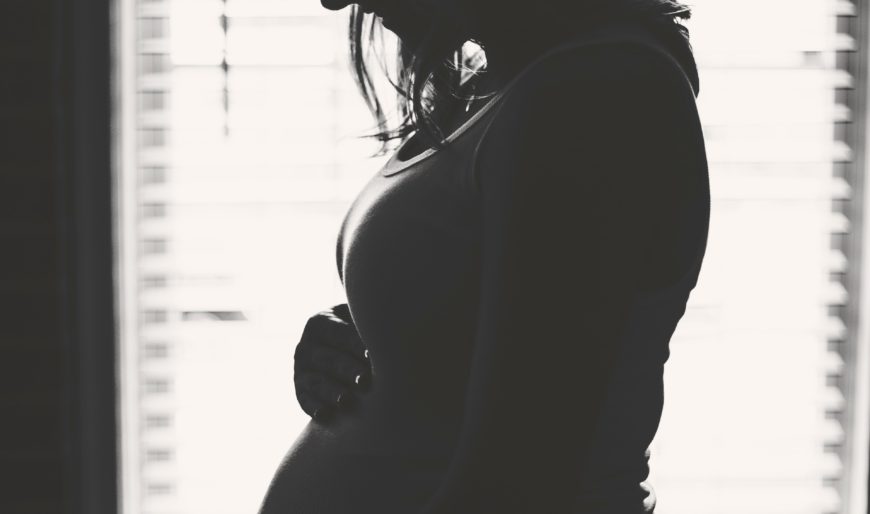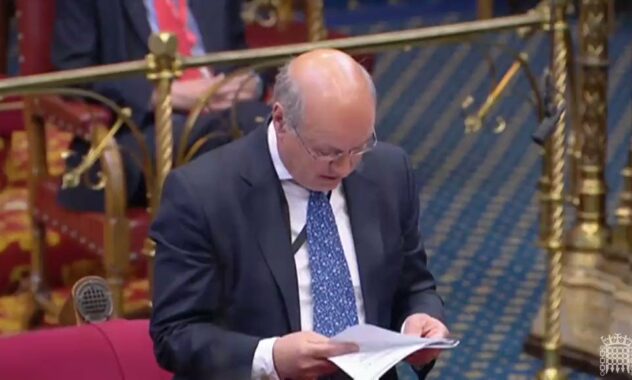Pregnant women lost out on maternity pay due to pandemic, Labour warns
Pregnant women are finding themselves disqualified from Statutory Maternity Pay due to their employers actions during the pandemic.

Pregnant women had their maternity pay docked during the pandemic due to gaps in the government’s pandemic response, the Labour Party has warned.
Speaking to the Guardian, Shadow Minister for Employment Rights and Protections, Andy McDonald, explained that women forced to take Statutory Sick Pay in order to isolate lost out on Statutory Maternity Pay as a result.
Although pregnant workers – who were classified as clinically vullnerable in March, when lockdown began – were supposed to be sent home on full pay, research by the Labour Party has found that many employers wrongly put their absence down as sick leave.
Statutory Sick Pay provides just £95.85 a week, so affected women were disqualified from Statutory Maternity Pay, which is only available to those who earn £120 or more per week.
Andy McDonald told the Guardian: “It is wrong that pregnant women have not only lost income as a result of being wrongly sent home on sick pay rather than their full wage, but have had their maternity pay slashed as well.
“Covid-19-related spells on statutory sick pay should not mean women have their maternity pay cut, and the government needs to act now, end this injustice and protect pregnant women’s rights.”
The Labour Party has called on the government to change the regulations so that pregnant women on sick pay do not miss out on Statutory Maternity Pay despite falling under the required weekly income.
A similar amendment was already made in April to protect parents whose wage fell below £120 per week due to the furlough scheme.
Responding to a request for comment from the Guardian, the Department for Work and Pensions said that the affected women “should seek redress through the employment tribunal system”.
As the pandemic has caused a backlog of cases in the employment tribunal system, law firms have advised that new complaints are unlikely to be heard until the middle of next year at the earliest.







